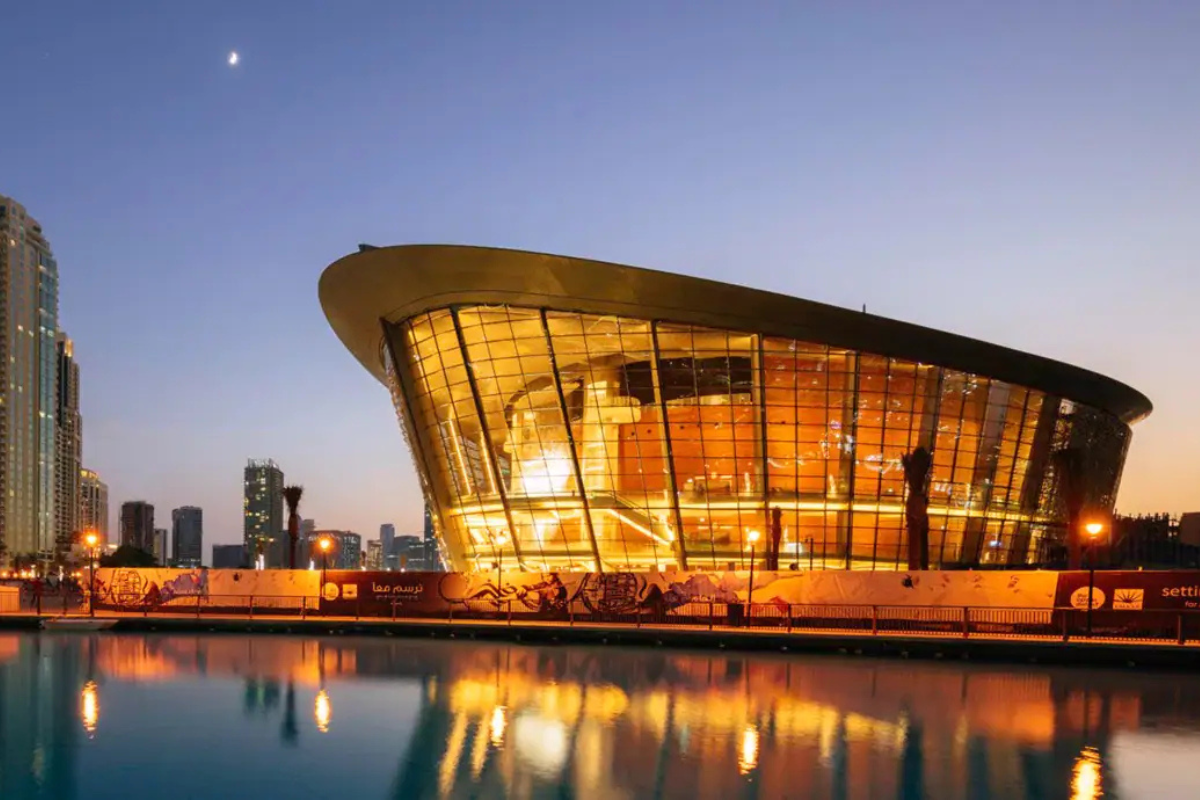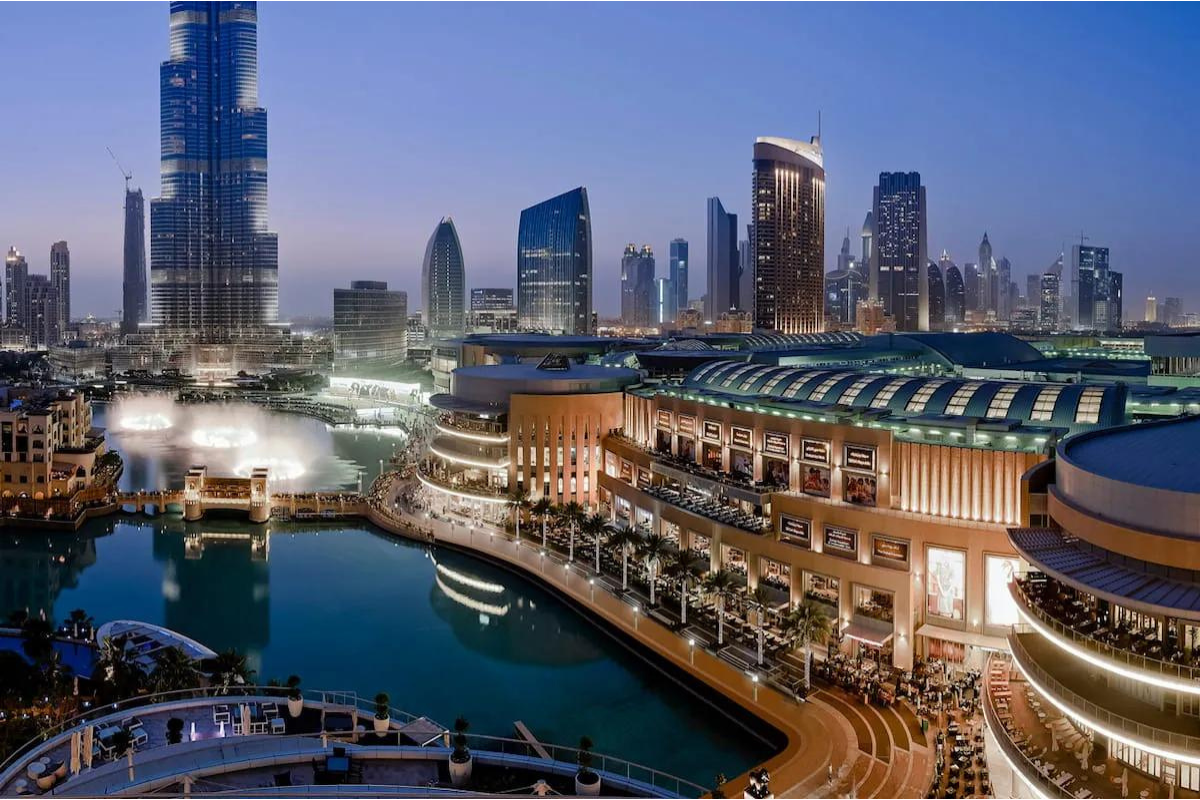2025
Dubai Property Buying Guide
What Investors Need to Know
When buying property in Dubai, it’s important to understand how the local real estate market works — as it comes with its own processes, rules, and terminology. In this guide, we’ll walk you through the key things every buyer should know, from payment plans and off-plan property investments to understanding Dubai Land Department (DLD) fees, title deeds, service charges, and ownership types like freehold and leasehold. Whether you’re buying for investment or personal use, knowing these terms will help you navigate the process with confidence.
Key Terms Every Dubai Property Buyer Should Know
DLD Fee
Dubai Land Department registration fee (4% of property price).
Service Charges
Annual fees paid for building maintenance, security, and shared facilities.
Leasehold
Ownership for a fixed term, usually up to 99 years.
Title Deed
The legal ownership document for your property in Dubai.
Freehold
Full ownership of the property and the land, with no time limit.
Oqood
A document issued by DLD for off-plan properties, registering the buyer’s name during construction before the final Title Deed is issued.

Buying Guide
Dubai's Market trends 2023 -2025
Dubai’s real estate market has experienced remarkable growth over the past years, driven by strong demand and continuous population expansion.
In 2024, real estate transactions increased by 36.5% compared to the previous year, reflecting investor confidence and market momentum. At the same time, Dubai’s population reached 3.83 million residents by the end of 2024 — an 8% growth from Q4 2023 — creating higher demand for both residential and investment properties.
Prime and ultra-prime locations saw significant price appreciation, particularly in the luxury segment, where limited supply meets global demand. With the city’s population and transaction volume continuing to rise year after year, Dubai’s real estate market shows no signs of slowing down, creating ongoing opportunities for both local and international investors.
Project Launch: Early investors often benefit from the lowest available prices, exclusive unit selection, and flexible payment plans offered directly by developers. In many cases, buyers only need to pay 20-30% as a down payment, with the remaining balance paid gradually over the construction period according to the developer’s payment schedule.
Construction Phase: As the project progresses and construction milestones are achieved, prices typically increase, but there is still strong potential for capital appreciation….
Read More
Project Launch: Early investors often benefit from the lowest available prices, exclusive unit selection, and flexible payment plans offered directly by developers. In many cases, buyers only need to pay 20-30% as a down payment, with the remaining balance paid gradually over the construction period according to the developer’s payment schedule.
Construction Phase: As the project progresses and construction milestones are achieved, prices typically increase, but there is still strong potential for capital appreciation.
Completion: Properties nearing handover often command the highest prices, creating opportunities for resale at a premium or generating stable rental income.
Additionally, some developers in Dubai offer post-handover payment plans, allowing buyers to continue paying installments even after receiving the keys — making property investment more accessible and cash-flow friendly for investors.
These stages provide buyers with multiple options to enter the market, manage their payments flexibly, and capitalize on Dubai’s dynamic real estate opportunities.
Both Dubai and the U.S. use escrow accounts to protect buyers during real estate transactions.
In Dubai, the Real Estate Regulatory Agency (RERA) requires developers to open a dedicated escrow account for every off-plan project. Buyer payments go directly into this account, and the developer can only access the funds in stages, based on construction progress approved by authorities.
As opposed to the American system which is regulated by a neutral third party….
Read More
Both Dubai and the U.S. use escrow accounts to protect buyers during real estate transactions.
In Dubai, the Real Estate Regulatory Agency (RERA) requires developers to open a dedicated escrow account for every off-plan project. Buyer payments go directly into this account, and the developer can only access the funds in stages, based on construction progress approved by authorities.
As opposed to the American system which is regulated by a neutral third party, in Dubai, the real estate escrow system is highly regulated at government level, adding an extra layer of security and transparency for international buyers.
This ensures your money is protected from project delays, misuse, or developer financial issues — making Dubai one of the safest places globally for off-plan property investment.
In Dubai, location is everything. Unlike the U.S., where property value often comes from renovations or flipping older homes, in Dubai the area drives the price — and the potential return.
Prime Locations: High-demand, central areas ideal for luxury living and short-term rentals: ex Downtown Dubai, Business Bay, Dubai Marina.
Ultra-Prime Locations: Exclusive zones for high-end buyers and luxury investors: ex Palm Jumeirah, Emirates Hills, Jumeirah Bay Island….
Read More
In Dubai, location is everything. Unlike the U.S., where property value often comes from renovations or flipping older homes, in Dubai the area drives the price — and the potential return.
Prime Locations: High-demand, central areas ideal for luxury living and short-term rentals: ex Downtown Dubai, Business Bay, Dubai Marina.
Ultra-Prime Locations: Exclusive zones for high-end buyers and luxury investors: ex Palm Jumeirah, Emirates Hills, Jumeirah Bay Island.
Emerging & Residential Areas: More affordable zones with strong future growth — great for long-term rentals or family living: ex: Dubai Creek Harbour, Dubai South, MBR City, JVC.
When purchasing property in Dubai, be aware of the following expenses:
Dubai Land Department (DLD) Fee: This is a government-mandated fee of 4% of the property’s purchase price — and it is non-negotiable. This fee is fixed across Dubai for all property transactions and must be paid to register the property under the buyer’s name. Very few developers may choose to offer to cover this fee as part of a limited-time promotion, but this is rare and usually only happens in highly competitive project launches…
Read More
When purchasing property in Dubai, be aware of the following expenses:
Dubai Land Department (DLD) Fee: This is a government-mandated fee of 4% of the property’s purchase price — and it is non-negotiable. This fee is fixed across Dubai for all property transactions and must be paid to register the property under the buyer’s name. Very few developers may choose to offer to cover this fee as part of a limited-time promotion, but this is rare and usually only happens in highly competitive project launches.
Service Charges: Service charges are annual fees paid by property owners to cover building maintenance, security, cleaning of common areas, landscaping, and shared amenities like pools or gyms. On average, service charges in Dubai are often the equivalent of one month’s rental income per year — although this varies depending on the location, property type, and facilities offered by the building or community. Service charges are usually calculated per square foot and communicated upfront by the developer or property management company.
Developer Fees: Some developers may charge additional administrative or registration fees during the purchase process, especially for off-plan properties. It’s important to ask for a clear breakdown of all fees before signing any agreement to ensure accurate budgeting.
One of the unique advantages of buying property in Dubai is the flexibility of payment methods.
While traditional bank financing is available for residents, many international investors prefer to purchase in full — especially in the off-plan market — using either cash or cryptocurrency.
Paying cash in full can sometimes give buyers stronger negotiation power or access to exclusive inventory. Dubai is also one of the most crypto-friendly…
Read More
One of the unique advantages of buying property in Dubai is the flexibility of payment methods.
While traditional bank financing is available for residents, many international investors prefer to purchase in full — especially in the off-plan market — using either cash or cryptocurrency.
Paying cash in full can sometimes give buyers stronger negotiation power or access to exclusive inventory.
Dubai is also one of the most crypto-friendly real estate markets globally. Many developers and real estate agencies accept cryptocurrency (like Bitcoin or USDT) for property transactions — fully regulated and processed through approved platforms.
This flexibility makes Dubai particularly attractive for high-net-worth individuals and crypto investors looking to diversify into real assets.
When buying property in Dubai, it’s important to understand the difference between freehold and leasehold ownership — especially for international investors.
Freehold Areas : In freehold zones, foreign buyers can purchase property with full ownership rights over both the unit and the land it sits on. This means the property is yours indefinitely, and you can sell, rent, or pass it on to your heirs without restrictions. Most popular investment areas in Dubai — like Downtown, Dubai Marina…
Read More
When buying property in Dubai, it’s important to understand the difference between freehold and leasehold ownership — especially for international investors.
Freehold Areas
In freehold zones, foreign buyers can purchase property with full ownership rights over both the unit and the land it sits on. This means the property is yours indefinitely, and you can sell, rent, or pass it on to your heirs without restrictions. Most popular investment areas in Dubai — like Downtown, Dubai Marina, Palm Jumeirah, and Dubai Hills — are freehold.
Leasehold Areas
Leasehold means you are buying the right to use the property for a long-term period — usually up to 99 years. After that period, ownership reverts to the original landowner unless extended or renewed. Leasehold areas are less common for international investors, and usually found in older parts of the city or in certain communities managed by local landlords.
For most foreign investors, freehold properties are the preferred choice due to their flexibility, long-term security, and higher resale value.
Working with an experienced real estate agent ensures you buy in the right zone based on your investment goals and ownership preferences.
Dubai Market Insights 2025
We are here to assist you every step of the way.
Whether you are buying your first property in Dubai or expanding your investment portfolio, our team is available to answer any questions you may have. From choosing the right location to understanding payment plans, fees, or market trends — we’re happy to guide you through the entire process.
Working with real estate agents
In Dubai, real estate agents do not charge commissions for off-plan properties, as developers cover these costs. Engaging with an independent agent can provide unbiased advice and access to a broader range of properties, compared to agents directly affiliated with developers.
Gain exclusive insights

Register and Get Free Dubai Market Research Full Report
Prime Dubai Realty
As an American company with trusted local partners in Dubai, we provide end-to-end support for your real estate investment. From legal guidance to property purchase, we handle everything—ensuring a smooth, secure, and hassle-free experience. Contact us today to start your journey in Dubai’s thriving market.
Contact
+1 (843) 617-4444
Offices
South Carolina, USA

Copyright © 2025 Prime Dubai Realty ®






